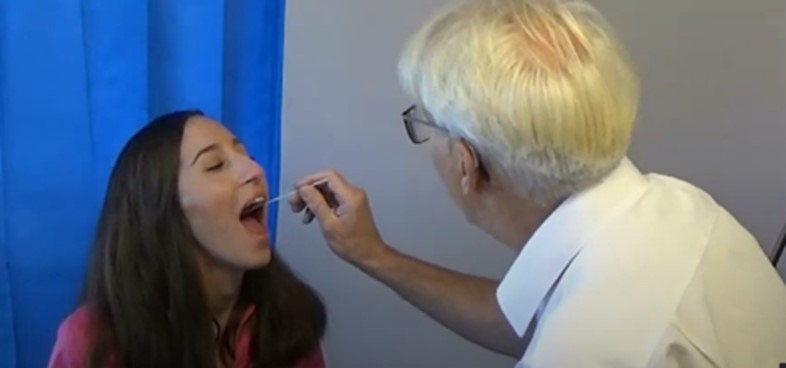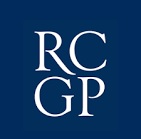Influenza A(H1N2) variant virus infection detected
Publication date: 08 December 2023
The first case of Influenza A(H1N2), a swine-origin viral infection, was first reported in the United Kingdom on 27 November 2023. It was detected by a sample submitted voluntarily by a GP that is part of the Oxford-RCGP Research and Surveillance Centre (RSC).
Currently, this appears to be an isolated case. The patient in question experienced mild symptoms and has made a full recovery. Following the detection of Influenza A(H1N2), the University of Oxford and UK HSA traced back the patient's contacts and increased surveillance in the local area to find any additional cases.
The World Health Organisation (WHO) was notified and further analysed the sample at the Worldwide Influenza Centre at the Francis Crick Institute (a WHO Collaborating Centre). The WHO published an article on 1 December to outline the Influenza virus infection in the United Kingdom and Northern Ireland.
The RSC works in collaboration with the RCGP, the University of Oxford and the UK Health Security Agency (HSA). Together, they collect and monitor data which is kindly shared by over 1,900 GP practices across England and Wales.
About Research and Surveillance Centre (RSC)
Practices within the RSC network submit pseudonymised data, which helps the RSC monitor the prevalence of 37 communicable diseases. They have been doing this for over 57 years and produce a weekly report, which are available in the RCGP RSC web section.
Practices can also join the RSC sampling programme. GPs submit patient virology swabs to monitor infections and vaccine effectiveness, and serology samples are used to report background levels of natural immunity and measure vaccine waning. The swabs are analysed in a UK HSA laboratory, and virology sample results are passed on to the patient by their GP.
The network covers approximately a third of the English population, but the RSCs' work largely goes on ‘behind the scenes’ until we have a health ‘crisis’ such as a pandemic. Last year the RSC's focus was on the Strep A outbreak.
The RSC continues to work toward improving its monitoring capabilities. This can be achieved by an increase in sampling to better understand which infections are circulating among the population and the effectiveness of vaccines. This will help the RSC to remain up to date and act quickly should any disease outbreaks occur in the future.
This winter season, the RSC is campaigning for 1,000 virology swabs to be conducted per week. Therefore, we ask all practices across England and Wales to please join our fantastic GP colleagues who are already sharing their data with us.
If you want to get involved with the RSC, please contact practiceenquiries@phc.ox.ac.uk.
About the writers
Thank you for your feedback. Your response will help improve this page.

